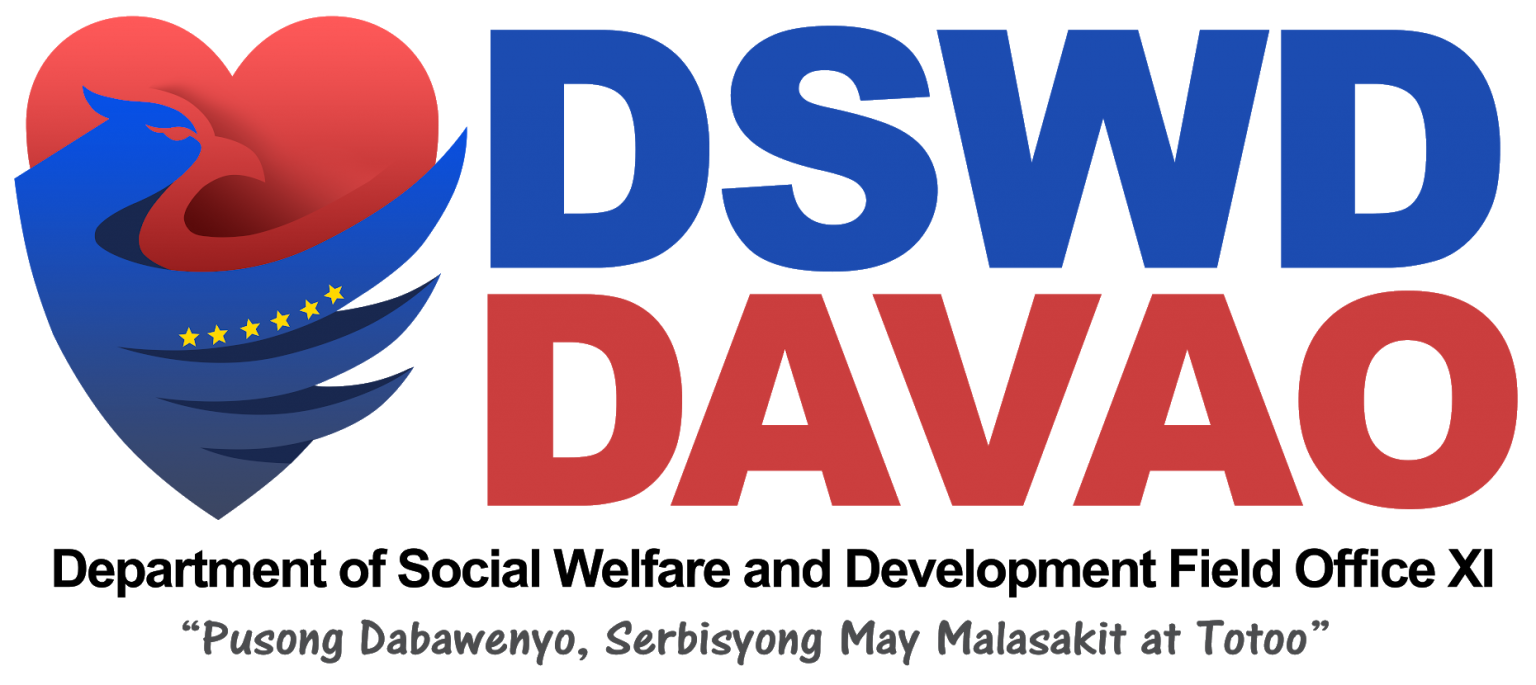Tagum City – The Department of Social Welfare and Development (DSWD), in partnership with Department of Education (DepEd), National Commission on Indigenous Peoples (NCIP), Department of Interior and Local Government (DILG), and other line agencies recently conducted the Indigenous People’s Summit at Big 8 Corporate Hotel here.
Attended by 100 participants, the Summit aims to consult with tribal leaders and Indigenous Peoples Mandatory Representatives (IPMR) on the establishment of new public school classrooms for IPs in Mindanao.
The IP summit was also attended by NCIP Chairperson Atty. Leonor T. Oralde-Quintayo, DSWD Kalahi-CIDSS Deputy National Program Manager Cicero Juan Aguilar Jr, Mindanao Island Cluster Manager for DSWD Kalahi-CIDSS Elise Faye Sogo-an, Area Coordinator of Government of Australia – Department of Foreign Affairs and Trade Rannon Padrinao, and officials from Department of Agrarian Reform (DAR), Department of Public Works and Highways (DPWH), Department of Environment and National Resources (DENR), and the Office of the Presidential Adviser on the Peace Process (OPAPP).
IP needs
“All poor areas in the Philippines, for the longest time, lack basic social services. This remains to be a historical problem and these areas mostly are IP communities,” said Aguilar.
He announced that groups of IPs in far flung villages of Region XI will soon benefit from the new partnership of DSWD and DepEd dubbed Whole of Nation Initiative (WNI), wherein school classrooms shall be built for use of IPs.
In Region XI, a total of 64 sites were identified in Compostela Valley, Davao del Norte, Davao del Sur, and Davao Oriental and five sites in Davao City, where 169 classrooms will be built with an indicative amount of P 895,000.00 per classroom, Aguilar revealed.
Community driven
“The construction of classroom buildings will employ the Community Driven Development (CDD) approach of Kalahi-CIDSS. Based on previous projects, the experience of the CDD approach in sub-project implementation is proven to be efficient and effective,” Aguilar pointed out.
Kalahi-CIDSS or Kapit-Bisig Laban sa Kahirapan – Comprehensive and Integrated Delivery of Social Services is one of the core programs of DSWD aiming to empower communities through enhanced participation in local governance and poverty alleviation projects.
He said funds will be directly transferred to community accounts while IP leaders will be mobilized to be more participative in the processes of project implementation, making them equally accountable to their communities.
“The Barangay Sub-project Management Committee (BSPMC), which was organized by the Area Coordinating Team of Kalahi-CIDSS, will capacitate IP volunteers in managing construction of classroom buildings,” Aguilar added.
Site validation, as agreed in the Summit, will soon commence and classroom sub-projects are expected to be completed within the year.
Since 2003, Kalahi-CIDSS has completed 94 community school buildings in Region XI with a fund exposure of P 102,349,623.70 million. (DSWD)






